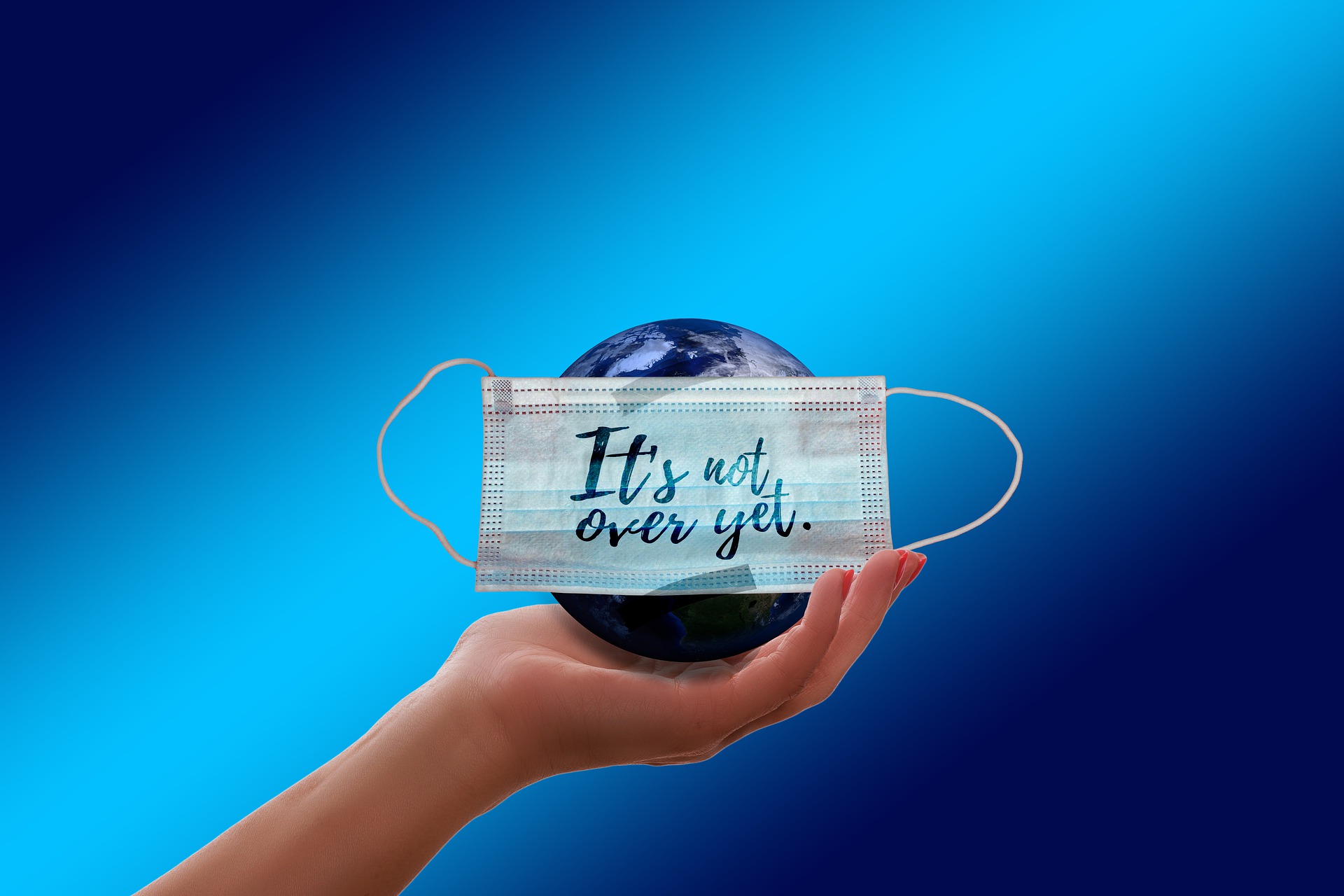The unprecedented disruption of the COVID-19 pandemic has heavily impacted our climate and environment. While the considerable decline in human mobility and industrial productivity resulted in cleaner air, better water quality, and reductions in carbon emissions, lesser attention has been focused on a huge plastic waste problem that we now have to contend with.
The pandemic has sparked global arms racing to obtain personal protective equipment (PPE), gloves, and face masks – of which, the main component is plastic. Much of this equipment are used only once before thrown away, causing a serious spike in demand for single-use plastics. Some hospitals even double bag clinical waste from COVID-19 wards to better prevent the spread of the pathogen.
As a result, large volumes of plastics are now choking our waste management systems, being unfit for recycling due to potential biohazards. To add on, economic uncertainties and a potential second wave could pose additional restrictions for waste services.
The epidemic of plastic pollution
With the virus looking to continue being a threat for the foreseeable future, the government has sidestepped the environmental agenda in the interest of immediate health concerns. According to the Waste Management Association of Malaysia (WMAM), residential waste generation saw a surge of over 20% in that time. Restaurants, for example, which offered only takeaway services during the Movement Control Order (MCO) period, have defaulted to using disposable plastic containers and cutleries as a cheaper option.
While no one disputes the urgency needed in dealing with the pandemic, the epidemic of plastic pollution does not just stop at it being an environmental concern. In a recent study published by the New England Journal of Medicine, it was discovered that the coronavirus might survive longer on plastics than other materials. Researchers found that the pathogen was more stable on plastic and traces of the virus could be detected up to 72 hours after application to a plastic surface.
Another major concern is that the virus would rollback decades-long worth of effort to cut down on the use of single-use plastic. United Nations estimates indicate that 13 million tonnes of plastic are dumped at sea annually with half accounting for single-use items. That number could go up in the wake of this pandemic.
Unlearning old habits is key
Relaxation on a plastic bag ban – however temporary – could have a long-lasting consequence on consumer behaviour. Research shows that the biggest challenge in promoting sustainable behaviour is the unlearning of old habits and the adoption of new ones. As such, once people go back to using plastics, this practice may be normalised again.
As for medical waste, it is up to the government and private firms to race to find an adequate solution to tackle the problem. The Asian Development Bank recommends segregating, sterilising, and incinerating infectious medical waste. While that may be a good short-term measure, more research and development must go into finding a longer-lasting and more sustainable solution.
The environmental cause is creeping ever so slowly back into the foreground as we attempt to stem the COVID-19 crisis. As our government and others around the region dole out economic stimulus packages, it is prudent to also allocate a significant chunk of resources to tackling the problem of plastic waste before it is too late.






